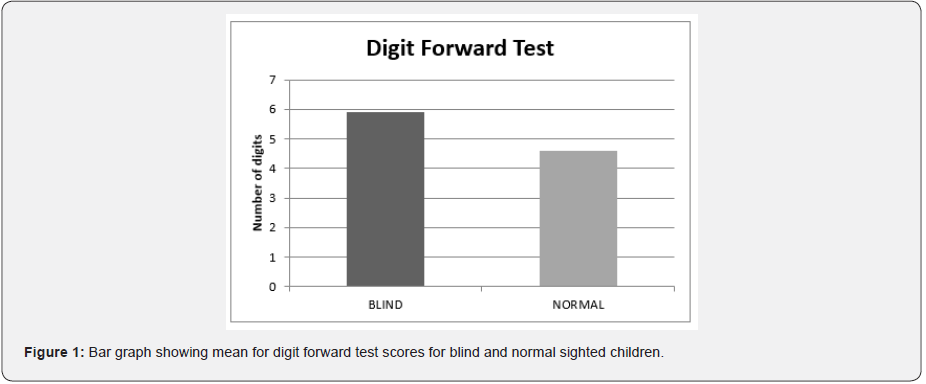
First citation in article Crossref, Google Scholar Canadian Journal of Psychology/Revue canadienne de psychologie, 45, 255. Dual coding theory: Retrospect and current status. First citation in article Google ScholarĪ. New York, NY: Holt, Rinehart, and Winston. doi: 10.1002/hbm.20131 First citation in article Crossref, Google ScholarĪ. N-back working memory paradigm: A meta-analysis of normative functional neuroimaging studies. First citation in article Crossref, Google ScholarĮ. The multiple faces of working memory: Storage, processing, supervision, and coordination. Personality and Individual Differences, 29, 1017–1045. Working memory capacity – facets of a cognitive ability construct. Working memory plasticity in old age: Practice gain, transfer, and maintenance. Reasoning ability is (little more than) working-memory capacity. Journal of Experimental Psychology: General, 133, 189–217. The generality of working memory capacity: A latent-variable approach to verbal and visuospatial memory span and reasoning. Journal of Experimental Psychology: Learning, Memory, and Cognition, 33, 615–622. Working memory, attention control, and the N-back task: A question of construct validity. Proceedings of the National Academy of Sciences, 105, 6829–6833. Improving fluid intelligence with training on working memory. Visuospatial imagery is a fruitful strategy for the digit span backward task: A study with near-infrared optical tomography. Personality and Individual Differences, 9, 35–49. Abilities involved in performance on competing tasks. Bulletin of the Psychonomic Society, 19, 343–346. How long does the modality effect persist. Journal of Psychoeducational Assessment, 8, 22–33. Effects of reversing digits forward and digits backward and strategy use on digit span performance. Modality effects in verbal working memory: Differential prefrontal and parietal responses to auditory and visual stimuli. Journal of Experimental Psychology: Learning, Memory, and Cognition, 30, 639.
#Visual forward digit span test serial
On the auditory modality superiority effect in serial recall: Separating input and output factors. First citation in article Crossref, Google ScholarĪ. Educational Psychology Review, 3, 149–210.

Backward recall and benchmark effects of working memory. Remembering: A study in experimental and social Psychology, Cambridge, UK: Cambridge University Press. First citation in article Crossref, Google ScholarĬ. The Psychology of Learning and Motivation, 8, 47–89. The episodic buffer: A new component of working memory? Trends in Cognitive Sciences, 4, 417–423. Future research using a larger dose over a longer duration is warranted.A. CONCLUSION: Twenty-eight days of creatine supplementation appeared to have a small but positive effect on cognitive performance following exhaustive exercise in female Muay Thai athletes. There was a trend for an interaction effect for visual reaction time (p = 0.067), visual go-no-go reaction time (p = 0.087), and Erikson Flanker task (p = 0.06), with exploratory post hoc tests revealing improvements over time in the creatine group (p 0.05). RESULTS: There was a time main effect for auditory reaction time (p = 0.035), with no differences between groups.

Prior to and following supplementation, measures of cognitive performance were assessed (visual and auditory reaction time, corsi block test, visual forward digit span, and Erikson Flanker Task) immediately after exercise. METHODS: Using a repeated measures, double-blind, placebo controlled design, 26 female Muay Thai athletes (age: 26 ± 5 years body mass: 65.1 ± 6.6 kg height: 162 ± 5 cm training experience: 2.6 ± 0.6 years) were randomized to supplement with creatine monohydrate (3 g/day) or placebo (maltodextrin) for 28 days. Therefore, the purpose was to determine the effects of 28 days of creatine supplementation on tasks of cognitive performance immediately following exhaustive exercise in Muay Thai female athletes compared to placebo. BACKGROUND: Creatine supplementation has some beneficial effects on cognitive processing in healthy adults, including athletes however the effects on cognitive function following exhaustive exercise in athletes is unknown.


 0 kommentar(er)
0 kommentar(er)
